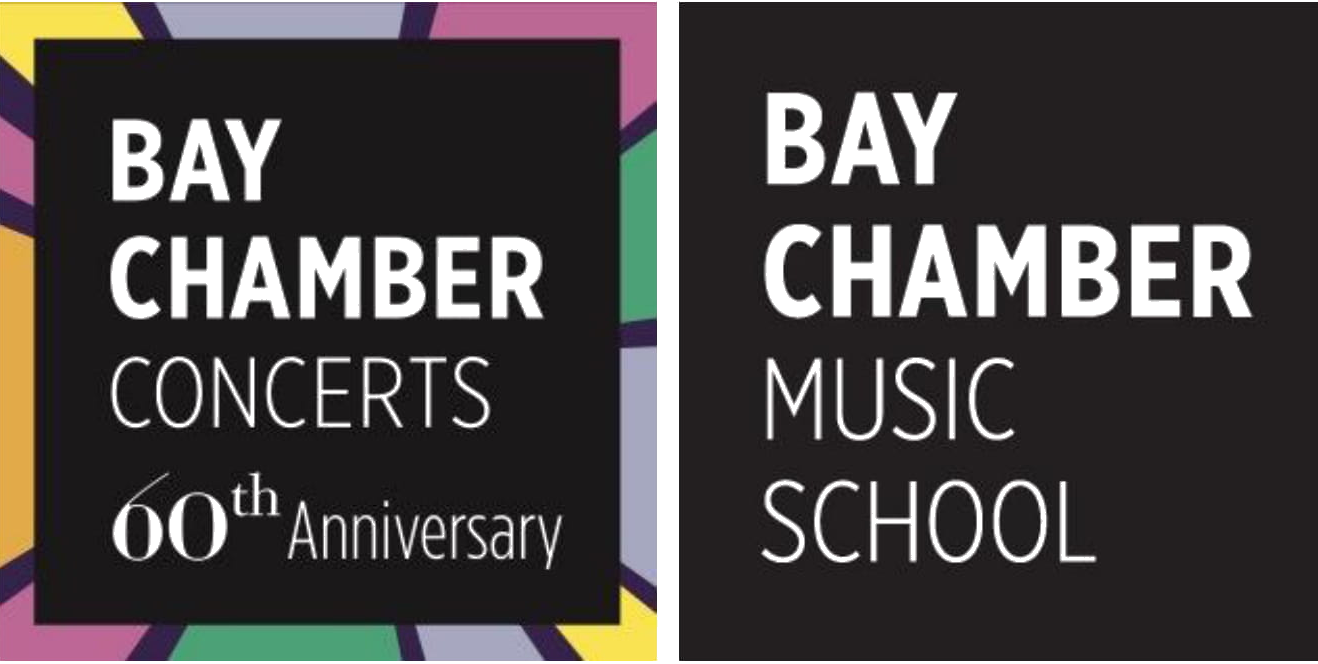JOHN DAVID ADAMS – VOICE
John David Adams is an acclaimed concert soloist and recitalist whose repertoire ranges from Baroque masterworks to world-premier compositions, in performances with numerous orchestras and musical ensembles across the country. His portrayals in diverse opera and stage roles have been equally praised, including productions with Opera Boston, Granite State Opera, Opera Maine, San Francisco Lyric Opera, Berkeley Opera, Apollo Opera, New England Light Opera, and Maine State Music Theater. In vocal ensembles, he has held professional positions with the San Francisco Symphony Chorus (including three Grammy award-winning recordings), the Sanford Dole Ensemble, San Francisco Bach Choir, San Francisco Chamber Singers, St. Mary Schola, and Aureole Chamber Choir, as well as being a founding member of Vox Nova Chamber Choir; he currently performs with New England’s Zenith Ensemble and Amethyst Chamber Ensemble. He studied voice and opera at Hartt School of Music and the San Francisco Conservatory of Music, and with teachers including William Metcalf, Leopold Simoneau, Dr, Edwin Barlow, Eric Howe, and Malcom Smith. A member of the National Association of Teachers of Singing (NATS), his teaching covers vocal technique, performance coaching, and group masterclasses.
Learn more about john’s teaching philosophy
Describe your approach to teaching?
My approach to teaching is first and foremost to empower and value every student. That sounds simplistic and vague, but it really applies to a lot of what I do. Teaching healthy technique of course leads to a stronger and more sustainable singing voice, but this only works successfully if a student has the confidence to open up, literally and figuratively; healthy and enjoyable singing comes with a relaxed, open production of the voice. Because singing is the most personal and intimate means of making music, something we literally generate from deep inside ourselves and send out into the world, it takes a lot of courage to release what is so personal, to letting it flow as freely as possible without apology. I find that that the biggest obstacles in voice study are learning to sing without muscle tension and strain, and how to get out of our own way, to bravely create and share your personal sound.
What has been a real joy for me, and something I only discovered during my time teaching at Bay Chamber, is teaching adult students. Maine has an older population as we all know, but Maine also has a large number of musical organizations and especially choral groups and vocal ensembles. I think there are almost a dozen between Brunswick and Belfast, and the majority of participants are older adults. Many of my students sing with one ensemble or another, and came to me to build a healthier technique so they can get more enjoyment from their participation. Some are interested in reaching farther and exploring solo opportunities, some are not. But they all come with rich life experience and an understanding and appreciation when they discover not only their best voice, but their confident singing selves as well. It’s very rewarding for me.
What drew you to music and singing?
I was drawn to music and voice initially through my parents. My father was a minister and so of course I was exposed to music in church services. But he was also a firm believer in singing, and though untrained, he used it as a means of human connection, from breaking the ice before public speaking to comforting shut-ins. My mother had more formal training in the area of classical music – piano, not voice – and I gained an appreciation for a broad range of music at an early age. In grammar school she even taught me to sing the Ode to Joy in German (although phonetically of course).
Beyond my family I have been fortunate to have inspiring teachers over the years, from high school on, who not only instilled healthy vocal techniques, but also introduced me to a wide range of repertoire and performing styles, and encouraged my curiosity in that exploration. Amazing to think that as a teenager my voice teacher at the time introduced me to Handel and bel canto methods, and art songs of Schubert, Faure, and Vaughan Williams. That was an invaluable beginning of my path, continuing through college and my adult years, to become a professional singer and now teacher as well. And I should note that even at this stage in life, the study, exploration, and joy of discovery of repertoire and styles always continues.

